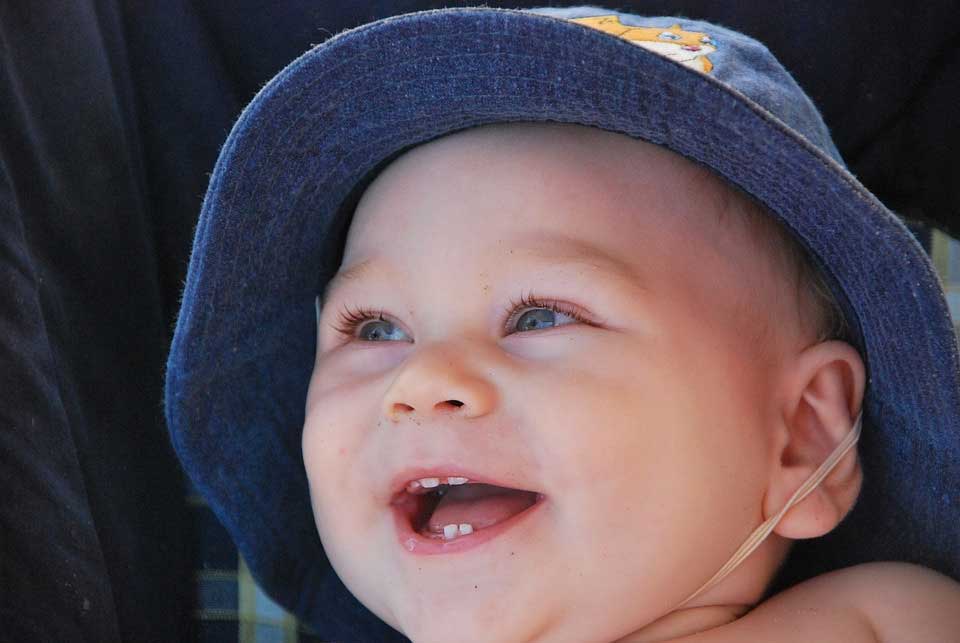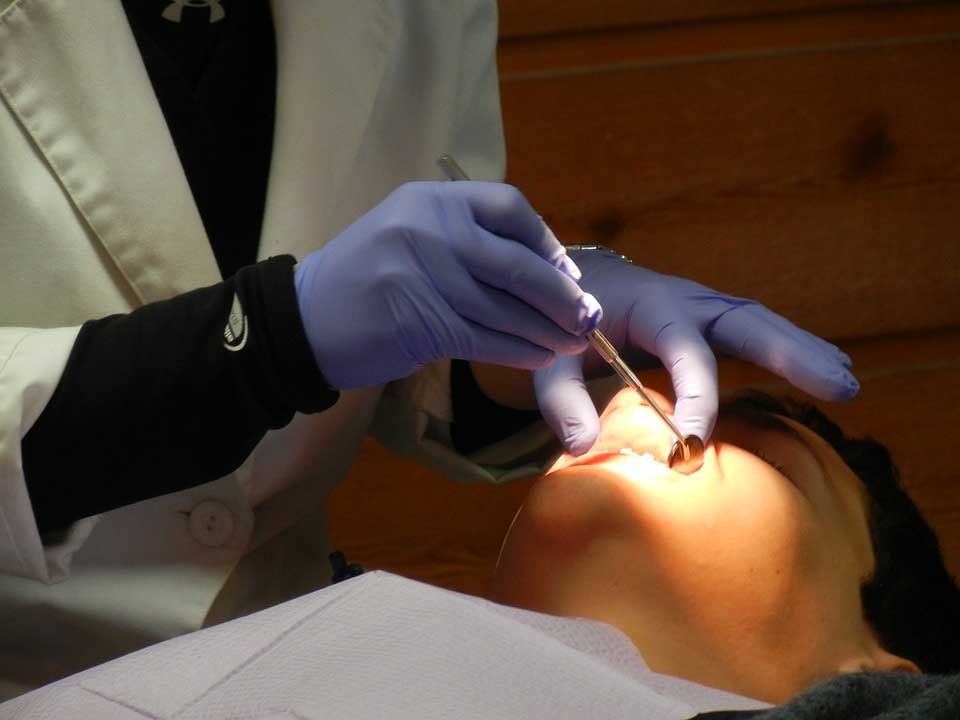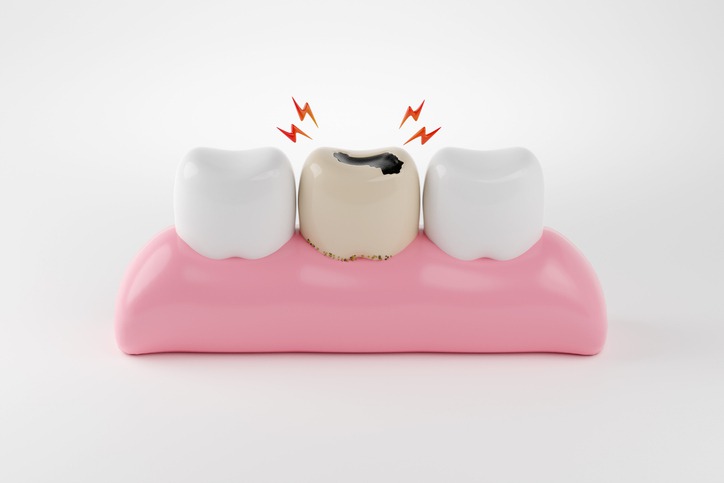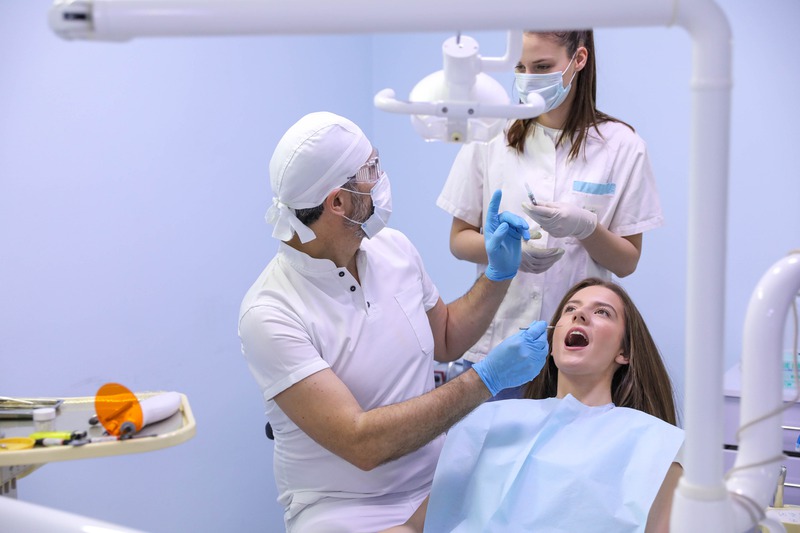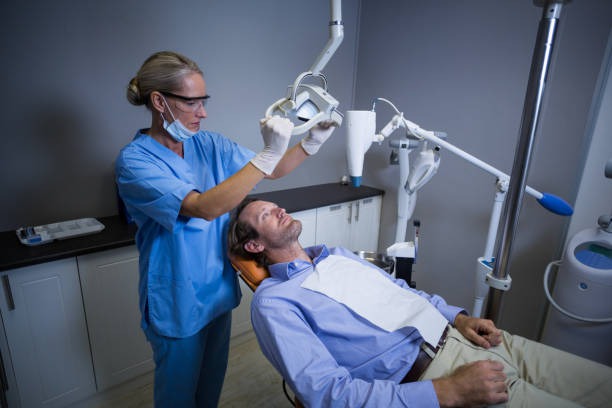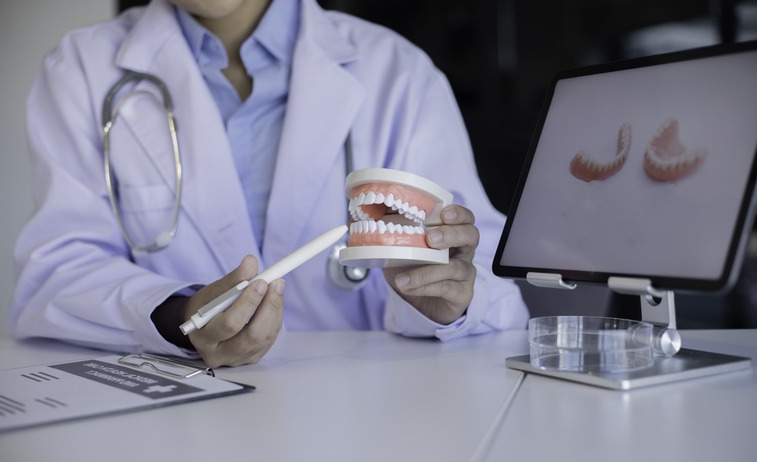
When Should a Child’s First Dentist Visit Be?
Introducing your child to proper dental care from an early age is an investment in their health that can pay lifelong dividends. The first visit to the dentist is a critical step in setting the stage for a lifetime of oral health. Understanding when to schedule this inaugural appointment and what to expect is key for parents navigating their child’s dental care journey.
Expectations for the First Dental Visit
Generally, dental professionals agree that a child’s first visit to the dentist should occur by the age of one or within six months after their first tooth emerges. This early visit allows for the establishment of a dental home for your child. Could you let me know what this involves?
-
Baseline Assessment: The dentist can assess your child’s current oral health and potential future needs.
-
Parental Guidance: Receive advice on teething, fluoride needs, thumb-sucking, and proper oral hygiene practices for children.
-
Comfort Building: Early visits help children become comfortable with the dentist’s office, reducing anxiety in the future.
Importance of an Early Start
For parents, the significance of initiating dental care early must be addressed. This phase sets the tone for preventive dentistry, instills proper dental habits, and allows the dentist to inform parents about the proper oral hygiene practices necessary for their child’s development. It is also a period when the dentist can identify common dental problems that may affect young children.
-
Preventive Dentistry: Emphasizes the necessity of prevention and early detection of oral disease.
-
Oral Hygiene Education: Guidance on brushing, flossing, and diet to maintain oral health.
-
Customized Care: Dentists can provide personalized recommendations and care plans for each child.
Embracing the importance of dental care from childhood into adulthood cannot be understated. Dental care is not simply about aesthetics; it’s fundamentally about health. Regular visits to a painless dentist ensure that fear is not a barrier to receiving necessary preventive and corrective treatments. When children understand that visiting the dentist can be a pain-free experience, they are more likely to maintain a pattern of consistent dental visits into adulthood.
Regular Dental Checkups
The cornerstone of maintaining good oral health is a schedule of regular dental checkups. These visits, starting from a young age, enable a partnership between the dentist and the family to ensure continuous oral health maintenance. Here’s how regular checkups can benefit your child:
-
Early Detection: Catching problems early can lead to simpler, less invasive treatments.
-
Guidance on Oral Care: Regular feedback on improving oral hygiene practices.
-
Monitoring Development: Tracking jaw and teeth progression to anticipate orthodontic care if needed.
To sustain excellent oral health, visiting the dentist regularly is imperative. Not only does this habit help keep one’s teeth and gums in optimal condition, but it also builds a rapport with the dentist, who can provide personalized care. Additionally, for those who experience dental anxiety, modern dentistry offers solutions such as reliable I.V. sedation services to make visits more comfortable.
Dental Cleaning Services and Other Treatments
Pediatric dentistry is not just about responding to dental issues; it is about offering a comprehensive suite of services designed to keep young teeth healthy. Starting with dental cleaning services, which remove plaque and tartar buildup, the visit may involve fluoride treatments for decay protection and dental x-rays for diagnostic purposes. As children get older, the types of dental services include:
-
Cosmetic Dentistry: Services such as teeth whitening, which boost the appearance of teeth.
-
Restorative Care: Treatments like dental fillings and crowns to fix damaged or decayed teeth.
-
Orthodontics: Alignment correction through braces or other devices for a straighter smile.
As children grow, their dental needs evolve. Dental services encompass a wide range of treatments to address these changing needs. For instance, an efficient wisdom tooth extraction is a common procedure for older children and teenagers as their mouths become crowded. Awareness of the different types of dental services available allows parents to make informed decisions regarding their children’s dental care.
Creating a Positive Experience
Parents play a pivotal role in laying the groundwork for a positive dental care experience. Preparing your child for their first visit involves explaining in simple terms what will happen and reinforcing the notion that dental visits are a part of achieving strong, healthy teeth. Pediatric dentists are particularly skilled in creating a welcoming and fear-free environment, which is paramount when searching for the right dental practitioner for your child.
Wrapping Up
In addition to professional dental care, a robust at-home dental regimen is crucial. Children should be taught to brush at least twice daily with fluoride toothpaste and to floss regularly. Limiting sugary snacks and drinks can drastically reduce the risk of cavities. Parents should also monitor their child’s brushing technique and progress and replace toothbrushes every three months or after an illness.











